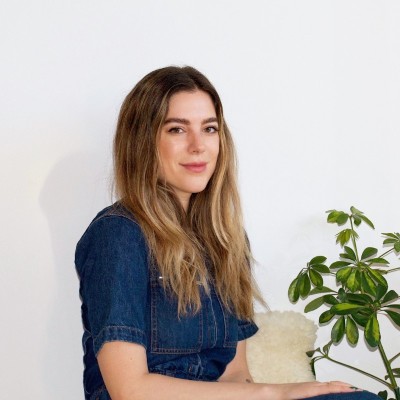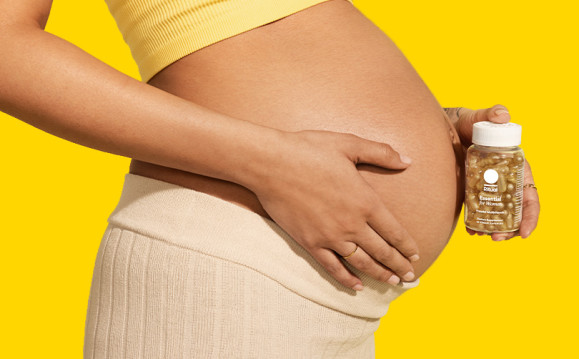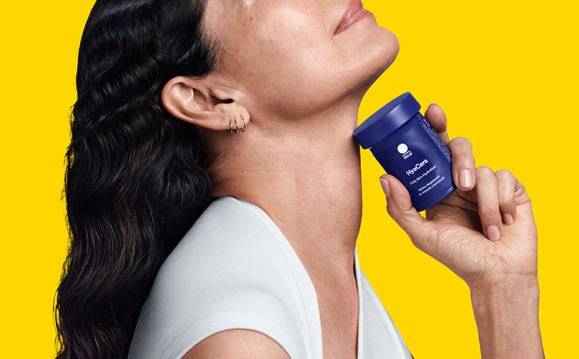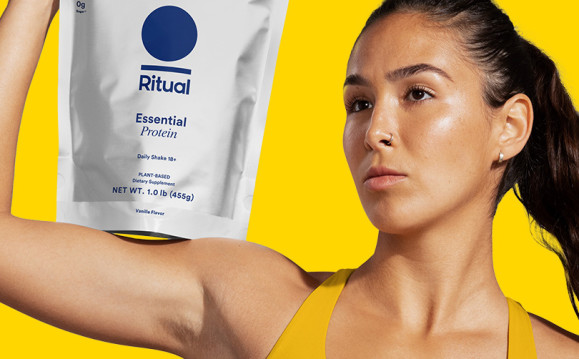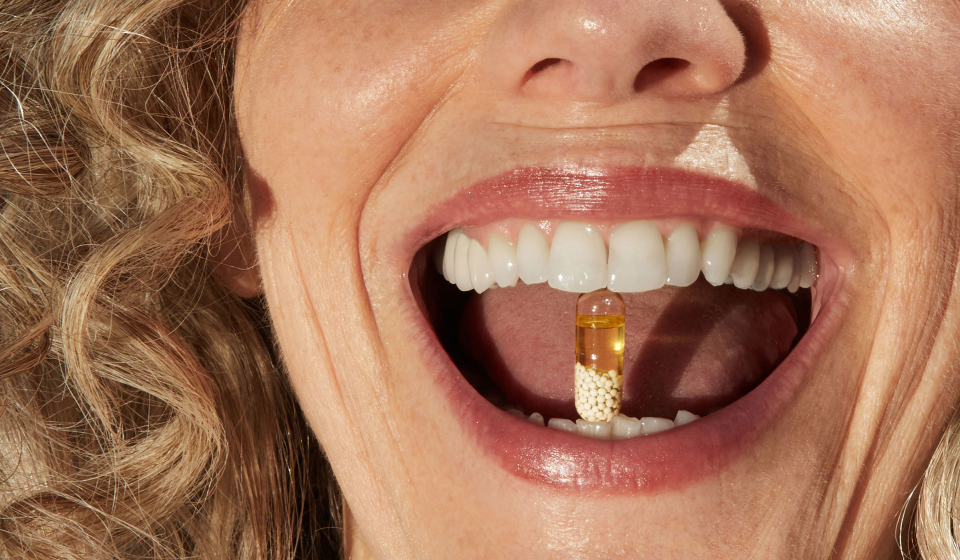The greatest tool in a woman’s toolbox isn’t a cosmetic or a brush. It’s self-determination—the daily commitment you make to yourself and your future, and the hard work and rituals that create the foundation for that journey. Make Your Self is a series that spotlights the stories of women who fiercely embody this relentless pursuit.
We’ve talked at length about the potential impact of starting small. Of remembering to floss; moving your body; taking your vitamins. That’s all great, of course. But when it comes to investing in our long-term wellbeing—the idea of viewing aging as a constantly evolving mechanism, rather than an eventual outcome—Dr. Marie Caudill would like to invite you to think even smaller. Tiny. Microscopic. This is, after all, her area of expertise: Caudill has spent her career researching the relationship between certain micronutrients (choline and folate, to be very specific) and prenatal development, and the potential tie to our DNA. Her work is so significant, that the National Institute of Health has shaped some of its prenatal choline recommendations around Caudill’s research. (1)
But while Caudill has made a name for herself researching nutrition at this very micro level, in truth, her first foray into this world came from a much more generalized—not to mention relatable—place: As a competitive tennis player in college, she was curious how her diet could help fuel her overall athletic performance. One nutrition class gave way to a Master’s in Nutritional Science, which led to a registered dietitian certification, which ultimately brought her to her PhD. It was around this time that she realized she had an interest in prenatal nutrition; fast-forward a couple of decades, and Caudill is now an internationally-recognized expert, speaker, and professor based out of Cornell University.
So, sure—on paper, Caudill’s area of expertise is quite specific. (Scientific specialties tend to be, after all.) But as our conversation unfolds, the universal parallels of her work are undeniable. Take nutrigenomics, for example—a buzzy area of research that draws the link between nutrition and our genetic material. By its very definition, the ramifications of our diets have more of a lasting impact than we might bargain for, and pregnancy is a particularly fitting case study. (As our resident dietitian and Senior Director of Scientific Affairs, Dr. Mastaneh Sharafi, puts it: “Pregnancy is the only time in your life that three generations are exposed to the same environment—you, your fetus, and your fetus’ reproductive cells.” No pressure, right?)



